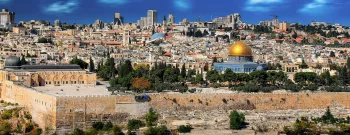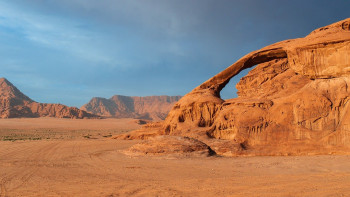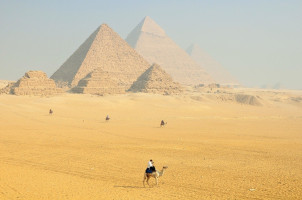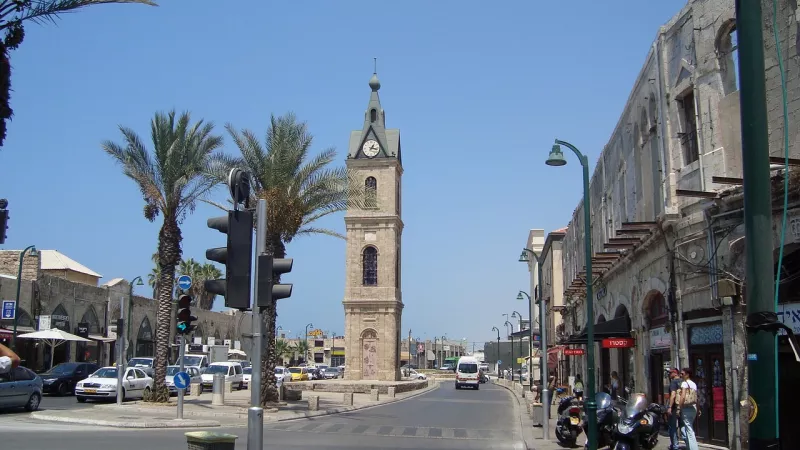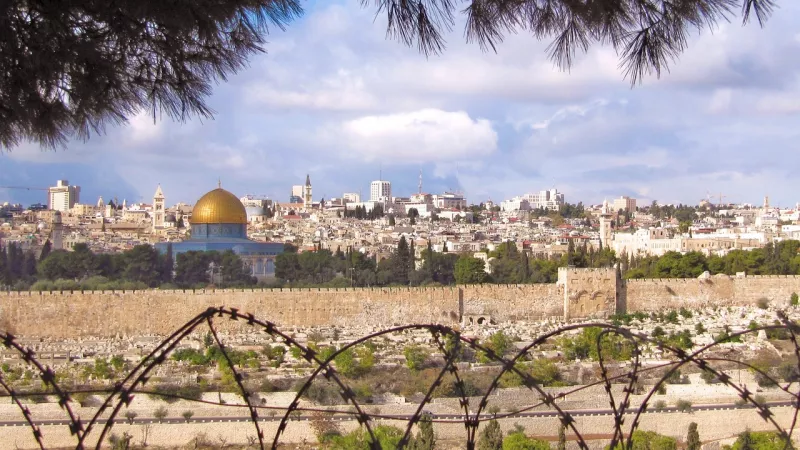
Jerusalem Travel Guide
Jerusalem, the capital of Israel, is a city steeped in history, religion, and culture. With its significant religious sites for Jews, Christians, and Muslims, Jerusalem holds a unique place in the hearts of people around the world. The city's Old City is a UNESCO World Heritage Site, with its narrow streets, ancient walls, and iconic landmarks like the Western Wall, Church of the Holy Sepulchre, and Dome of the Rock. Jerusalem's diverse population and rich history make it a fascinating destination for travelers seeking spiritual enlightenment and cultural immersion.Top Attractions in Jerusalem
- The Western Wall
- Church of the Holy Sepulchre
- Dome of the Rock
- Mahane Yehuda Market
- Mount of Olives
Jerusalem is Famous for
Its religious significance and historical landmarks.Top Attractions in Jerusalem
- Exploring the Old City
- Visiting Yad Vashem Holocaust Museum
- Walking the Ramparts
- Sampling Middle Eastern cuisine
- Attending the Sound and Light Show at the Tower of David
What's Great about Travelling to Jerusalem?
- Rich history and cultural heritage
- Diverse religious sites
- Unique culinary experiences
What's Not So Great about Travelling to Jerusalem?
- Crowded tourist areas
- Political tensions
- High cost of living
Travel Tips for Jerusalem
- Respect local customs and traditions
- Stay aware of your surroundings
- Dress modestly when visiting religious sites
Important Jerusalem trip information
- Ideal Duration: 3-4 days
- Best Time to Visit: Spring and Fall
- Nearby Airports and Railway Stations: Ben Gurion Airport, Jerusalem Central Bus Station
Top 18 Places to visit in Jerusalem
Per Person
25,200
*EXCLUDING APPLICABLE TAXES Per Person
23,500
*EXCLUDING APPLICABLE TAXES Per Person
20,870
*EXCLUDING APPLICABLE TAXES Per Person
2,82,108
*EXCLUDING APPLICABLE TAXES 4.9 Ratings
( 200 Reviews )
( 200 Reviews )
Per Person
3,01,665
*EXCLUDING APPLICABLE TAXES 4.9 Ratings
( 200 Reviews )
( 200 Reviews )
FAQ's on Jerusalem
Q1: What is the best time to visit Jerusalem?
The best time to visit Jerusalem is during the spring (March to May) and autumn (September to November) when the weather is mild, and tourist crowds are smaller. Avoid the peak summer months when temperatures can soar, or the winter months when it can be quite cold and rainy.
Q2: Do I need a visa to travel to Jerusalem?
Most visitors to Jerusalem do not need a visa for stays up to 90 days. However, it's essential to check visa requirements based on your nationality before traveling. Make sure your passport is valid for at least six months beyond your planned departure date.
Q3: What are the must-visit attractions in Jerusalem?
Jerusalem is home to iconic sites such as the Western Wall, the Church of the Holy Sepulchre, and the Mount of Olives. Don't miss exploring the Old City, visiting the Israel Museum, and walking through the bustling Mahane Yehuda Market.
Q4: Is Jerusalem a safe place to travel?
Jerusalem is generally safe for tourists, but it's essential to stay informed about the current political situation. Avoid demonstrations or large gatherings, and be respectful of local customs. Certain areas may be sensitive, so it's advisable to follow travel advisories.
Q5: What is the local currency in Jerusalem and can I use credit cards?
The local currency in Jerusalem is the Israeli New Shekel (ILS). Credit cards are widely accepted in hotels, restaurants, and shops, but it's always good to have some cash on hand, especially in smaller establishments or markets. ATMs are readily available throughout the city.
Q6: What is the local cuisine like in Jerusalem?
Jerusalem offers a diverse culinary scene influenced by Middle Eastern and Mediterranean flavors. Don't miss trying dishes like falafel, hummus, shawarma, and fresh salads. Be sure to sample local sweets like baklava and halva. Vegetarian and kosher options are also widely available.
Q7: What transportation options are available in Jerusalem?
In Jerusalem, you can get around using buses, the light rail system, taxis, or rental cars. The city's compact size makes it easy to explore on foot as well. The light rail is a convenient way to travel between key sites, while taxis are suitable for longer distances or late-night travel.
Q8: Are there any cultural norms or etiquette I should be aware of when visiting Jerusalem?
When visiting Jerusalem, it's important to dress modestly, especially when visiting religious sites. Respect local customs and traditions, such as observing Shabbat (the Jewish Sabbath) from Friday evening to Saturday evening. It's customary to greet people with "Shalom" (peace) and show respect for religious practices. Be mindful of cultural sensitivities and always ask before taking photographs of people.
Q9: I am a travel agent. How can I buy travel leads of Jerusalem?
Register yourself as a travel agent at agents.tripclap.com and then you can buy travel leads to Jerusalem once your account is approved. For more details contact our support team at +91-8069186564 or support@tripclap.com
